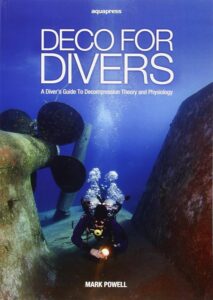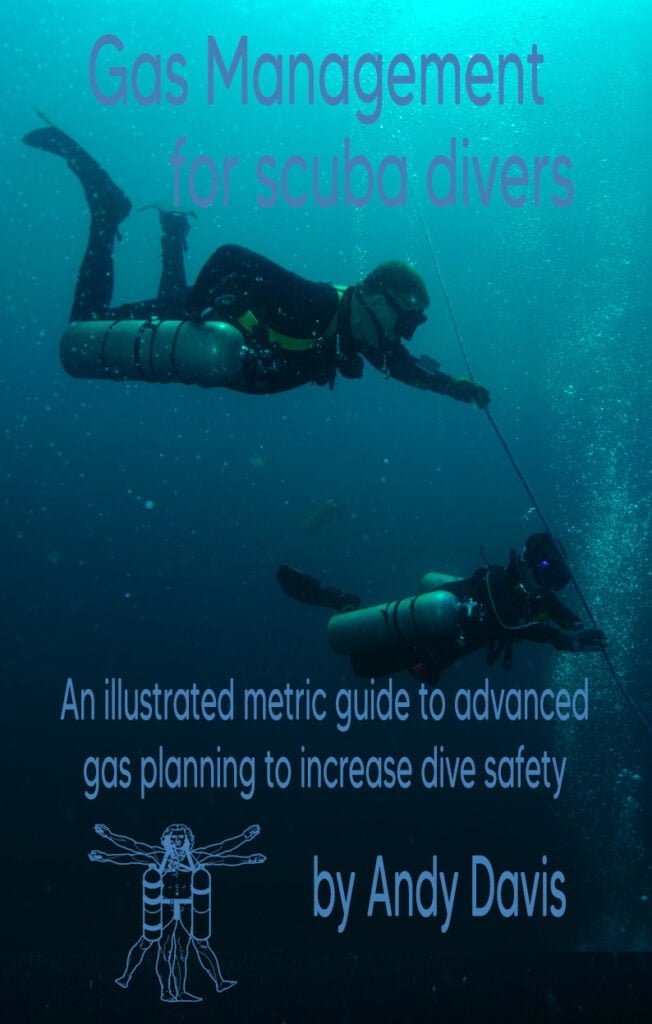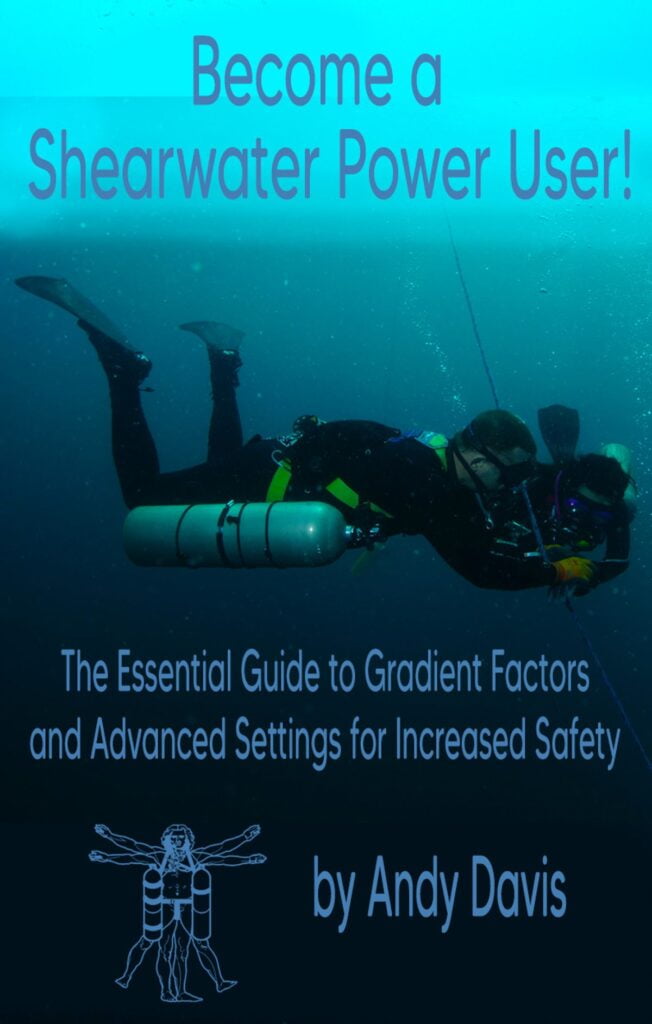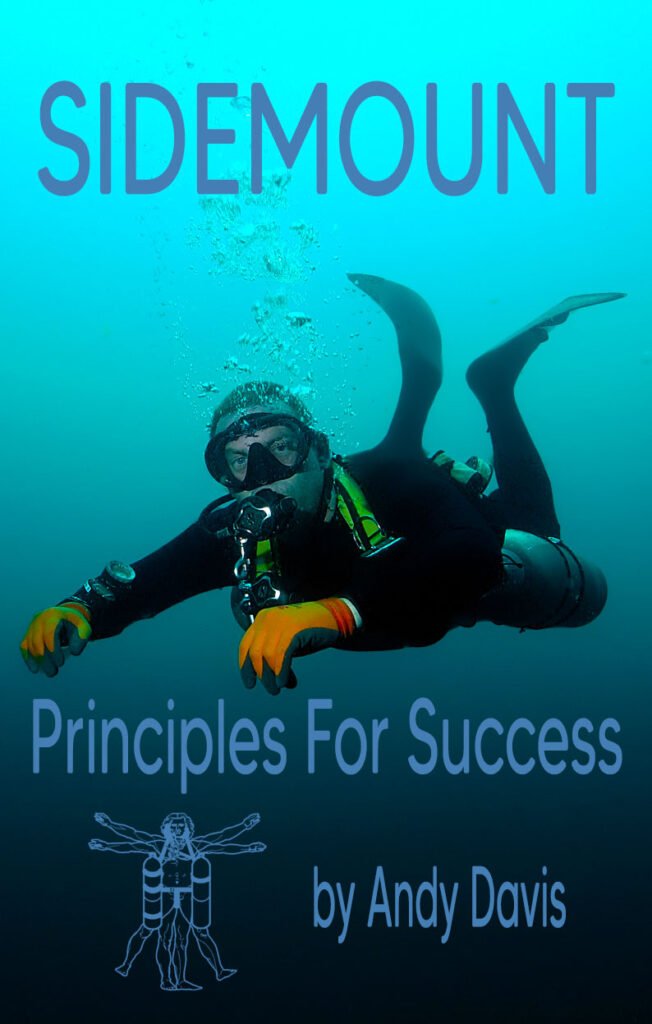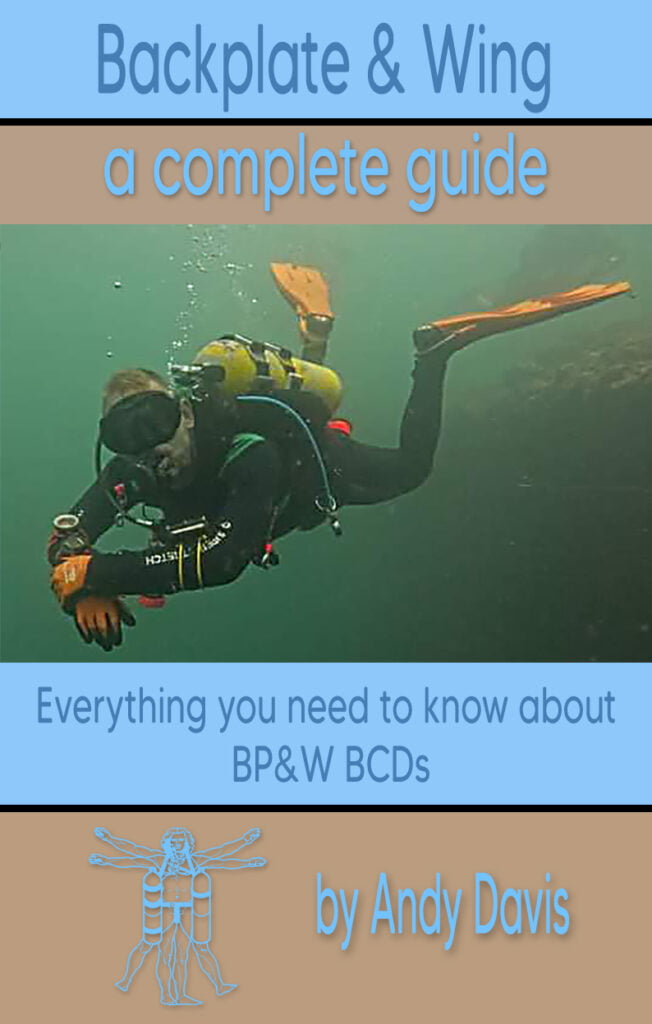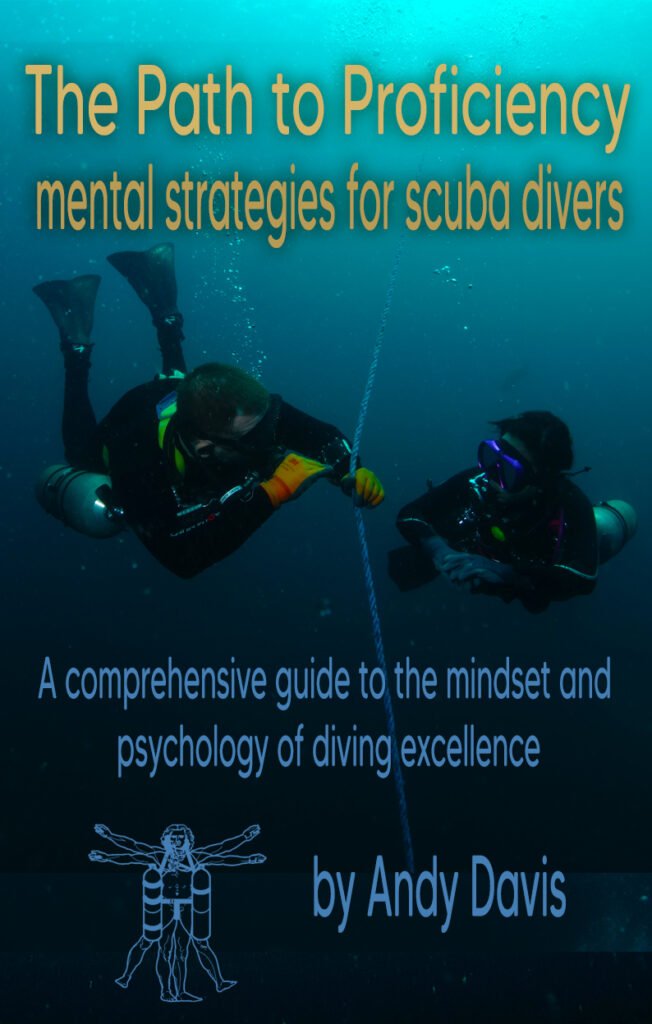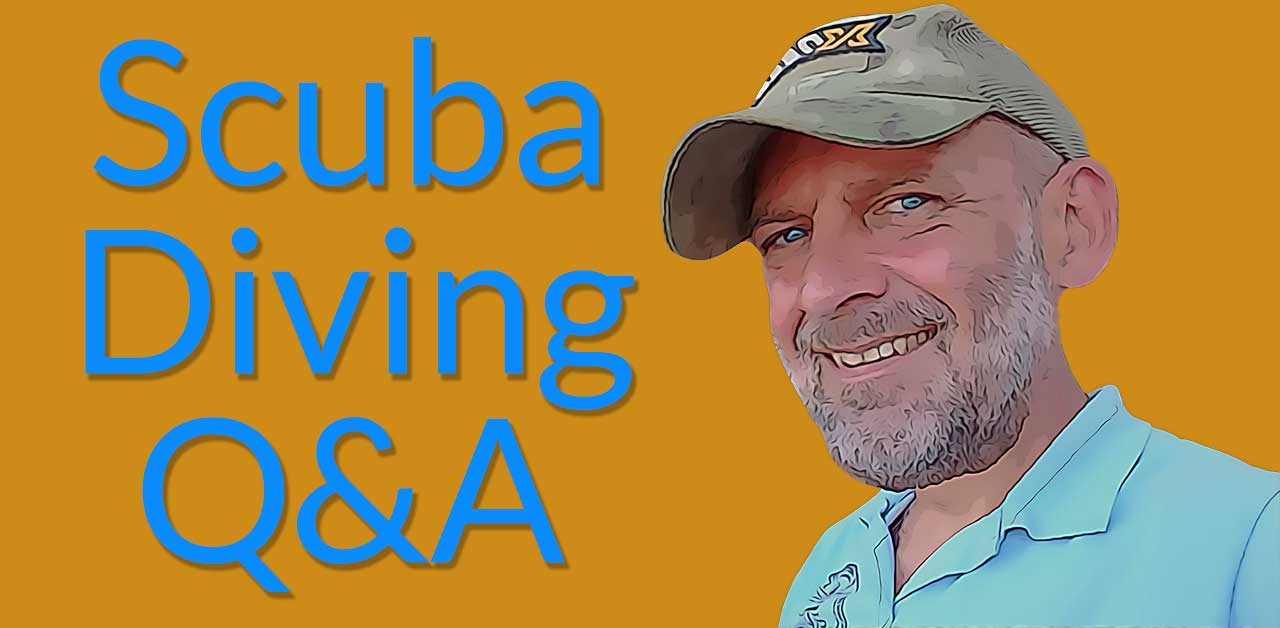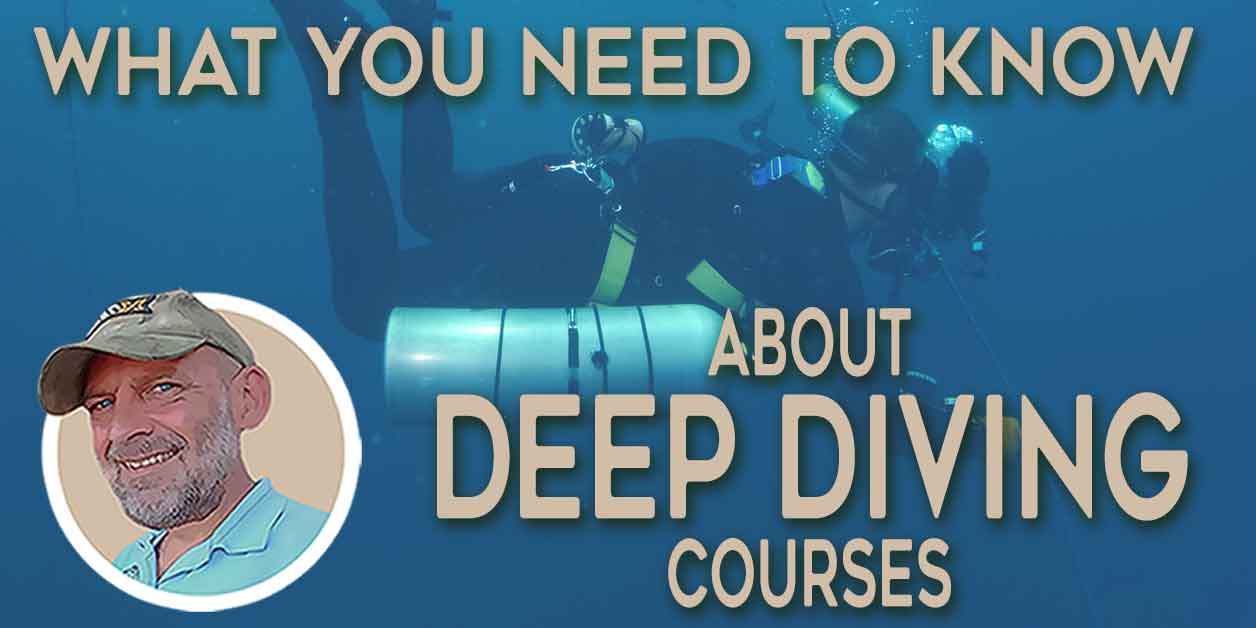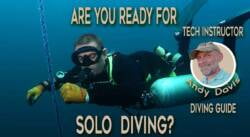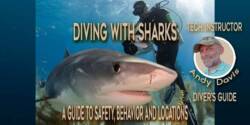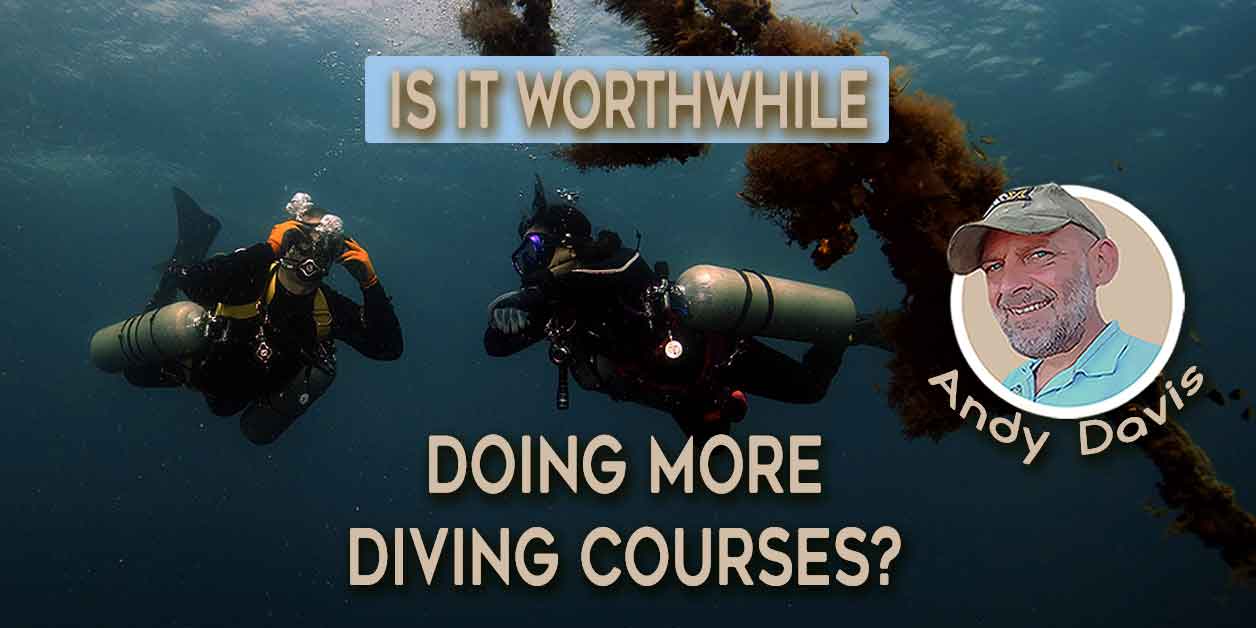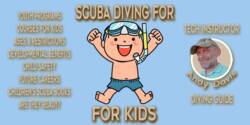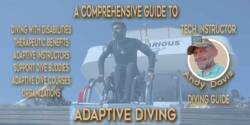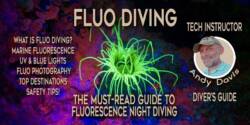Top-5 Best Books For Diving Instructors!
If you are a dive professional looking to expand your knowledge and ability, this article will introduce you to what I consider to be the top 5 best books for diving instructors.
As a recreational and technical diving instructor for over two decades, I found that each of these books had a profound effect on how I approached the task of teaching divers. I was able to deliver more knowledge, improve diving safety, and better understand my student’s needs.
What’s more, these books for diving instructors contain essential knowledge that isn’t taught in divemaster and instructor development courses.
These five books cover aspects such as decision-making psychology, how to conduct practice most effectively, high-level diving theory, how to teach dive skills better, and how to get the most out of your students as a diving team.
Super-charge your professional development and check out these top-5 books for diving instructors!
Top-5 books for diving instructors in a nutshell
| Deco for Divers | 1. Comprehensive overview of diving theory 2. Simple language to explain complex concepts 3. Improves your teaching knowledge |
| Under Pressure: Diving Deeper with Human Factors | 1. Prevent misunderstandings leading to problems 2. Understand your student’s needs better 3. Improve your risk management skills |
| Peak: The New Science of Expertise | 1. Explains high-performance teaching 2. Learn to apply deliberate practice principles 3. Get the best results for your students |
| The Six Skills | 1. Great tips and advice for teaching core diving skills 2. Enhance situational awareness & stress management 3. You will make better decisions before diving |
| Thinking: Fast and Slow | 1. Understand cognitive biases & flawed judgments 2. Evaluate intuitions for safer decision-making 3. Developing analytical risk evaluation for diving |
1. Deco for Divers, by Mark Powell
Best for: improving theoretical knowledge
As a scuba diving instructor, Deco for Divers is an excellent resource to have on hand. The book covers a wide range of topics related to diving physics, physiology, and decompression theory that go far beyond what you were taught in divemaster and instructor training.
Most importantly, Mark uses simple language to explain complex concepts. In short, the book is really easy to understand, and suitable for both novice and experienced divers.
Five reasons this book will benefit dive instructors
- It provides a comprehensive overview of decompression theory and practical applications for scuba divers
- Suitable for both novice and experienced divers
- Offers clear and concise language to explain complex concepts
- Explains how different dive computer algorithms work
- Instructors can help their students become safer and more knowledgeable divers.
By incorporating the knowledge and recommendations from Deco for Divers into their teaching, instructors can help their students become safer and more knowledgeable divers.
Key areas of the book
- Historical development of decompression theory
- Fundamental principles of decompression
- Decompression illness
- Development of saturation diving, nitrox use, and mixed gas diving
- Decompression models
- Decompression ascent profiles
Overall, Deco for Divers is an essential resource for scuba diving instructors. The book’s clear and concise language, practical recommendations, and latest research make it a valuable resource that will allow you to educate your students far more comprehensively.
2. Under Pressure: Diving Deeper with Human Factors, by Gareth Lock
Best book for: understanding your students
This book is highly beneficial for diving instructors as it highlights the importance of human factors in diving incidents and accidents. Human factors are the various psychological, social, and organizational influences that affect safety and performance in scuba diving.
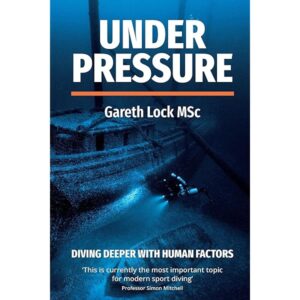
Under Pressure includes over 30 case studies and real-world examples from leading divers to illustrate the concepts taught. These case studies and analyses show how experts can make mistakes and how they survive to tell the tale.
Five reasons this book will benefit dive instructors
- Enhance communication skills: It offers communication strategies for preventing misunderstandings that lead to problems. You can teach your students how to communicate effectively when planning dives and conducting risk management.
- Build better teamwork: It provides practical tips for building successful dive teams. You can use the book’s insights to teach your students how to work collaboratively and support each other during dives.
- Improve risk management skills: It covers the principles of risk management and how they apply to scuba diving. You can use this information to teach your students how to assess and manage risks effectively, improving dive safety.
- Manage performance-shaping factors: It explores factors that impact diver performance, including physical fitness, mental health, and personal attitudes and beliefs. You can help your students be self-aware of these factors and avoid the failures they can cause.
- Foster learning from failure: It explains how divers can learn from mistakes to improve their performance. You can teach your students how to adopt a growth mindset, embrace mistakes as opportunities for learning, and foster psychological safety within their dive teams.
Key areas of the book
- The role of human factors in high-performing teams
- Understanding human error
- Situational awareness
- Communication
- Teamwork
- Just culture and psychological safety
- Stress and fatigue
- Risk management
- Leadership and followership
- Performance-shaping factors
- Living with failure.
Under Pressure is a must-read for diving instructors who want to improve risk management in their diving courses. The book provides practical insights and tools for reducing dangerous mistakes and ensuring that every training dive contributes lessons for improving your performance as an instructor.
3. Peak: The New Science of Expertise, by Anders Ericsson
Best book for: teaching more effectively
Peak is an essential resource for scuba diving instructors. It provides valuable insights into how expertise is developed and the importance of deliberate practice, feedback, and mental models in the learning process.
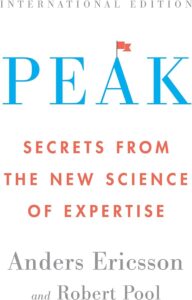
Scuba diving instructors can apply these principles to their teaching methods to help their students become more proficient.
Five reasons this book will benefit dive instructors
- Deliberate practice: It provides practical tips on how to engage in deliberate practice, which helps identify and resolve specific areas of student improvement. This will allow instructors to help their students develop robust skills and become more proficient divers.
- Effective feedback: It explains how to better use feedback to improve teaching skills. Improving feedback helps instructors accelerate their students’ learning speed.
- Growth mindset: It explains growth mindset and how adopting it helps instructors and students see challenges as opportunities. Teaching a growth mindset can help students become more confident and successful divers.
- Goal-orientation: It explains goal-oriented practice, which can help instructors improve their students’ skills quickly and effectively. By setting specific goals for their students, instructors can help them focus on specific areas of improvement and become more proficient divers.
Key areas of the book
- The myth of natural talent
- How deliberate practice develops expertise
- The characteristics of deliberate practice
- Why practice develops mental representations
- Setting clear and specific purposes for practicing
- Characteristics and practices of top experts
- Similarities and differences between top experts
- The limitations of expertise
Peak emphasizes the importance of pushing oneself beyond one’s comfort zone, which is particularly relevant to scuba diving, where divers need to learn to manage risk and cope with unexpected situations. By adopting the ideas contained within Peak, scuba diving instructors can maximize their ability to develop competency, confidence, and comfort in their students.
4. The Six Skills and Other Discussions: Creative Solutions for Technical Divers, by Steve Lewis
Best book for: improving skills and mindset
Every diving instructor needs a reference to enhance their understanding of diving proficiency. For that reason, I recommend the Six Skills. It is packed full of essential lessons, tips, and advice that will improve you as an instructor.
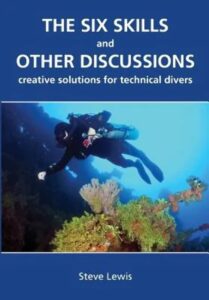
Whilst the book’s title mentions technical divers, it is nonetheless an excellent resource for instructors. If you looking to enhance your own diving skills and impart that knowledge to your students, then it should be on your bookshelf.
Five reasons this book will benefit dive instructors
- Developing core skills: The book emphasizes the importance of developing core skills, such as buoyancy control and gas management, that can be applied in various diving situations. This will help instructors train their students more effectively and ensure their safety underwater.
- Improving problem-solving skills: The book provides practical tips and advice for improving problem-solving skills underwater. This is important for instructors to teach their students how to handle unexpected situations and make sound decisions while diving.
- Enhance situational awareness: The book discusses the importance of situational awareness and provides guidance on how to improve it. This is crucial for instructors to teach their students to be alert and vigilant while diving to avoid potential hazards.
- Improve Dive Planning and Execution: The book covers dive planning and execution, providing instructors with the knowledge and skills needed to teach their students how to plan and execute safe and successful dives.
- Stress Management: The book covers the topic of emotional control, which is essential for dealing with stress and maintaining safety underwater. Instructors can use this knowledge to better train their students and help them stay calm and focused during challenging diving situations.
Key areas of the book
- Buoyancy control
- Trim
- Propulsion techniques
- Gas management
- Situational awareness
- Problem-solving
- Dive planning
- Equipment configuration
- Diving physiology
- Decompression theory
The Six Skills is written in an engaging and light-hearted style, making it suitable for any level of diver. It emphasizes the importance of developing a set of core skills that can be applied in various diving situations. Additionally, it will make you think about the decisions you make when planning dives, and when you are underwater with students.
Overall, whilst not a textbook, the Six Skills is an excellent resource that instructors can use to train their students more effectively and safely.
5. Thinking: Fast and Slow, by Daniel Kahneman
Best book for: improving decision-making
Thinking: Fast and Slow provides a fascinating insight into the workings of the human brain, and how we make judgments. In particular, it describes cognitive biases and heuristic thinking that lead to poor decision-making.
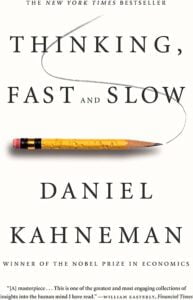
By understanding these issues, you can become more aware of your thought processes and make more informed decisions as a diving instructor.
Five reasons this book will benefit dive instructors
- Understanding Cognitive Biases: It provides a deep understanding of the cognitive biases that influence human thinking. You can identify and understand biases in your thinking, and that of your students, to avoid flawed judgments.
- The Role of Intuition in Decision-Making: It explains how intuition can be helpful and harmful in decision-making. You can balance intuition with reason and evidence-based thinking for better decision-making and risk management.
- Improving analytical thinking: It describes the nature of analytical thinking, and how this type of thinking can be developed and improved. You can apply this type of thinking to analyze potential risks and make safer decisions for students.
- The Importance of Self-Awareness: It emphasizes the importance of self-awareness in decision-making. You can use this knowledge to recognize your own biases, thought processes, and emotions, leading to better judgment.
- Improving teaching effectiveness: It teaches how to identify and overcome biases that affect learning. You can apply this to diving instruction and create more effective teaching methods tailored to your student’s needs.
Key areas of the book
- Fast and slow thinking modes
- Rational and irrational motivations
- Biases and errors
- Heuristics and judgment
- Influence of emotions
The Benefits of Understanding Cognitive Biases
Overall, Thinking: Fast and Slow offers a comprehensive exploration of cognitive biases that affect our thinking and decision-making. By understanding these biases, we can become more aware of our own thought processes and make more informed decisions.
Diving instructors can benefit greatly from Thinking: Fast and Slow. Since divers rely on their judgment to assess and manage risks, cognitive biases can lead to poor decision-making, putting divers’ safety at risk.
Understanding cognitive biases can help instructors to avoid making these mistakes, make more informed decisions, and provide safer diving experiences for their clients.
These recommended books for diving instructors are game-changing!
In conclusion, if you’re a diving instructor that cares about expanding your knowledge and improving your teaching, these top 5 books for diving instructors are must-reads.
These books for diving instructors have the power to:
- Improve your theoretical knowledge
- Better understand your student’s needs
- Teach core skills more effectively
- Improve your risk management
- Avoid bad judgments to increase safety
Incorporating the knowledge and recommendations from these books into your teaching will help your students become safer and more knowledgeable divers. Super-charge your professional development today and buy these highly recommended books for diving instructors!
About The Author

Andy Davis is a RAID, PADI TecRec, ANDI, BSAC, and SSI-qualified independent technical diving instructor who specializes in teaching sidemount, trimix, and advanced wreck diving courses.
Currently residing in Subic Bay, Philippines; he has amassed more than 10,000 open-circuit and CCR dives over three decades of challenging diving across the globe.
Andy has published numerous diving magazine articles and designed advanced certification courses for several dive training agencies, He regularly tests and reviews new dive gear for scuba equipment manufacturers. Andy is currently writing a series of advanced diving books and creating a range of tech diving clothing and accessories.
Prior to becoming a professional technical diving educator in 2006, Andy was a commissioned officer in the Royal Air Force and has served in Iraq, Afghanistan, Belize, and Cyprus.
In 2023, Andy was named in the “Who’s Who of Sidemount” list by GUE InDepth Magazine.
Purchase my exclusive diving ebooks!
Originally posted 2023-04-01 19:34:16.

